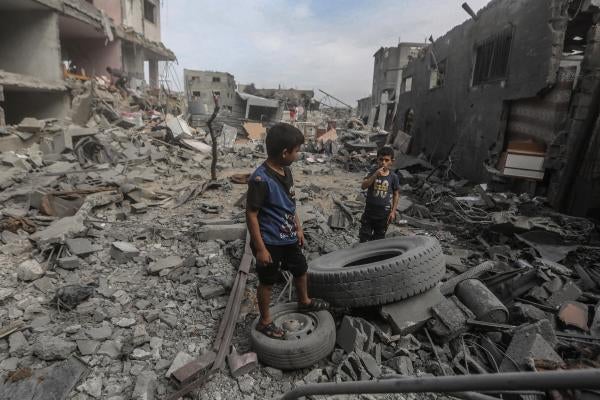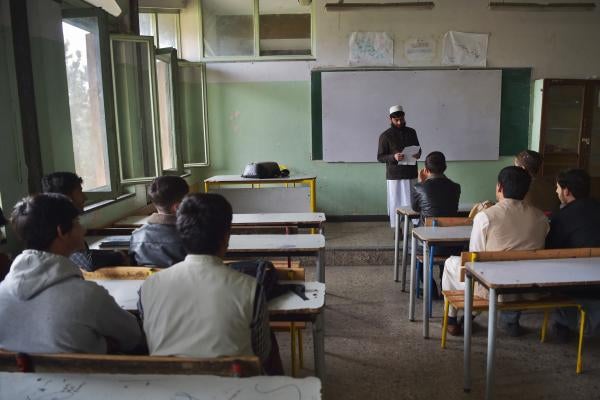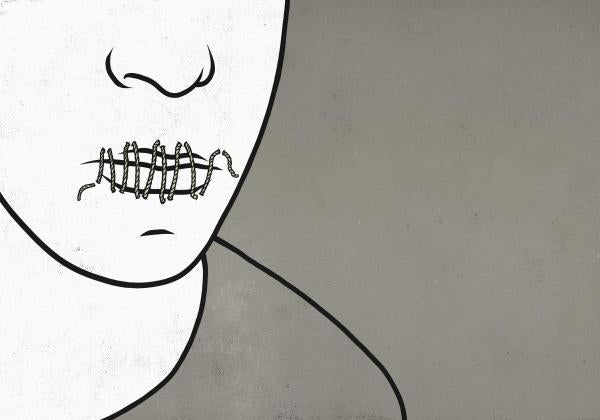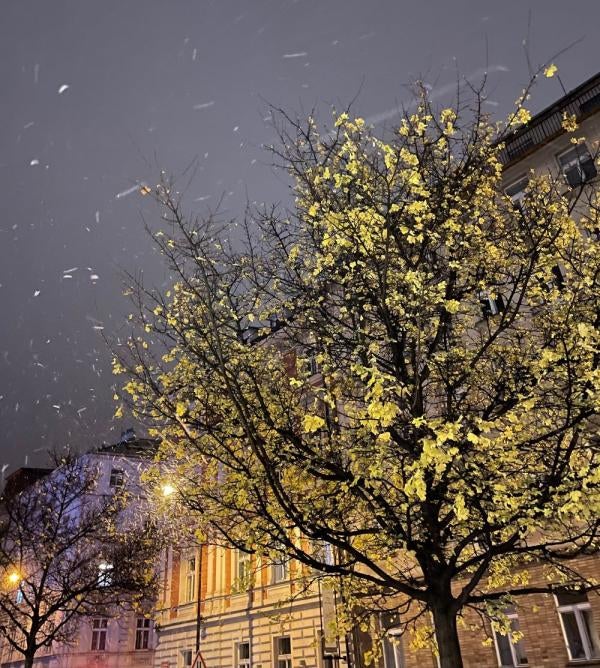“This just isn’t our war,” a leading commentator told me at a warm café in snowy Prague the other day. For most people here, he explained, what’s happening in Gaza is just like wars anywhere else that’s far away: terrible images give rise to shaking heads, but it doesn’t really affect us – “unlike the war in Ukraine, which is vital for us.”
The Gaza crisis gets relatively little attention in the Czech media, compared to media in parts of Europe west of here. It wasn’t even mentioned in some newspapers on the days I was in Prague, and when it made the front page of one major paper, it was only a photo (of released hostages) with no accompanying story.
Countries like Croatia and the Czech Republic, where I’ve been travelling and talking with journalists recently, are part of the EU, and so in much of the world, they get lumped as “the West.” However, in foreign policy terms, many here don’t identify that way at all, and the countries’ particular histories have given them a different perspective from many of their EU partners.
For example, the Czechoslovak connection to the new state of Israel at its founding in 1948 was strong, both politically and in terms of military support – particularly weapons. Then, with the communist takeover in Prague of that year, growing pressure from Moscow soon turned policy 180 degrees in favor of Palestinian aspirations. When democracy returned after the Velvet Revolution in 1989, some in Czechoslovak and then simply Czech political circles tended to regard the Palestinian cause as a communist-era aberration and pushed for a return to the pro-Israel line. Many Czechs today admire Israel as a heroic and feisty little country that sticks up for itself, gets constantly set upon by its Muslim neighbors, struggles to fight against terrorism, and is unfairly singled out for criticism by the UN even though it’s simply defending itself. Such is the image.
Elsewhere in Europe and North America, two narratives at opposite ends of a wide spectrum have emerged over the current Gaza crisis. First, there’s what you might call the traditionalist one, which holds Israel in particular regard as not only an idealized “tenacious democracy in a hostile neighborhood” but also as an eternal reminder of the world system created in the aftermath of the Second World War and the Holocaust, which put in place a set of international laws and structures meant to ensure “Never Again.”
The other broad narrative we see in “the West” (and elsewhere globally) is the anti-colonial one, which looks at Israel and sees uncomfortable similarities with European colonial projects of the past. Again, generalizing somewhat, this narrative comes more from the younger generation, people for whom – with the exception of those in Germany and Austria – perhaps the Holocaust is not the foundation stone for their views on genocide and other mass atrocity crimes.
For the traditionalists, it can be difficult to even imagine criticizing the government of Israel, while for the anti-colonialists, it can be all too easy to do so. This dichotomy has shaped much of the public debate in large parts of Europe and North America for the past two months.
However, in EU member states like the Czech Republic, that second group, the one seeing things through an anti-colonialist lens, hardly exists at all.
“We never had colonies, and the feeling here is, that’s Western Europe’s legacy. That’s their problem to deal with, not ours.”
And then, of course, xenophobia and Islamophobia come into play in the countries of east central Europe, which are largely monocultural following the genocide of Jews in the war and the ethnic cleansing of Germans afterwards. Views that are anti-refugee, anti-migrant, and anti-Islam are all tied together, with little to moderate them. And they are mainstream views, not fringe. A standard line – not just of the far right but of the center here – is, “Look at all the problems they have in Western Europe because of immigration; we don’t want that.” That’s pretty much the subtext of most media reporting here on refugees elsewhere in Europe, too, when it’s not simply said outright.
And back in 2015, when anti-refugee hysteria was sweeping Europe, the Czech government and population were largely hostile to the idea of accepting refugees from Syria, Iraq, or other predominantly Muslim countries.
These things all shape the way government policy here has come to be very strongly in support of the government of Israel, regardless of what it does to Palestinians in peace and war. The regional intellectual-political narrative is that first, traditional variety; there’s very little heard of the second. And in as much as the public cares about the issue at all, they’d prefer to side with Jews over Arabs or Muslims.
“Politicians see no votes in caring about people suffering in Gaza,” a Czech journalist told me bluntly.
In a sense, government policy in the Czech Republic is perhaps so lopsided, because the society it represents is so lopsided. Diversity brings nuance and understanding. Lack of diversity means an absence of moderating forces and any need for compromises, pushing policy to an extreme.
They also aligned themselves with the more pro-Israel US dating back to before their entry into the EU.
In international forums, the Czech and Croatian governments have shown a very unbalanced approach to war crimes, for example. They rightly and quickly condemned the war crimes committed by Russia in Ukraine over the past year and-a-half and by Palestinian armed groups on October 7. However, they’ve been reluctant in the extreme to condemn war crimes by the Israeli government, such as the collective punishment of 2.2 million people, about half of them children, by blocking and highly restricting water, electricity, fuel, and aid. They have said Israel’s response to October 7 should be in line with international humanitarian law, but they don’t call out the Israeli military when it clearly isn’t.
Just how much these countries are now international outliers was seen in a vote at the UN General Assembly on October 27. Under discussion was a resolution which condemned the October 7 attacks, but also called for a humanitarian truce and aid access. 120 countries voted in favor. Croatia and the Czech Republic (along with fellow EU members Austria and Hungary) were among the 13 countries globally backing the government of Israel in voting against it. Even Germany at least abstained.
It all makes unity at the EU level difficult, since the bloc is split. While Belgium, for example, seems to be taking a more principled approach, condemning war crimes by both sides and promoting justice at the International Criminal Court (ICC), getting that kind of values-led policy agreed by all 27 member states has been elusive, in part because of global outliers like Croatia and the Czech Republic.
This inability to adopt a more balanced policy has impacts far beyond Gaza. It undermines diplomatic efforts on Ukraine, too, which is surely the number one foreign policy issue for Prague and others in central Europe.
For the past 18 months, European governments and the US have rightly upheld international humanitarian law to protect civilians in Ukraine and rightly supported international efforts to achieve justice for the victims – at the ICC and in some national courts. These are basic principles that, for example, warring parties should not deliberately or indiscriminately attack civilians, should not collectively punish civilians for the actions of individuals, and should not block humanitarian assistance.
Most governments in “the West” also denounced flagrant violations by Russian forces, including indiscriminate attacks, unlawful killings, extrajudicial executions, torture, and cutting of electricity and water. And they also spent a lot of diplomatic effort around the world getting other countries to join them in condemning Russia’s crimes, with some success in UN votes and elsewhere. Without a doubt, this was the right thing to do.
But then, the Gaza crisis started, and the West, after rightly condemning the Hamas-led war crimes of October 7, balked and then split over whether to show support for the same principles when it came to Israel’s war crimes. However Croatia and the Czech Republic see themselves, for much of the rest of the world, Zagreb and Prague were part of the same problem of the West’s double standards.
Whether or not people in Croatia and the Czech Republic see what’s happening in Gaza as “our war,” their governments are taking very unbalanced approaches towards that conflict that are damaging efforts in the places people do care deeply about.
If you expect the world to stand by the principles of international humanitarian law in Russia’s invasion of Ukraine, then you need to show you stand by those same principles everywhere else, including in Gaza.













